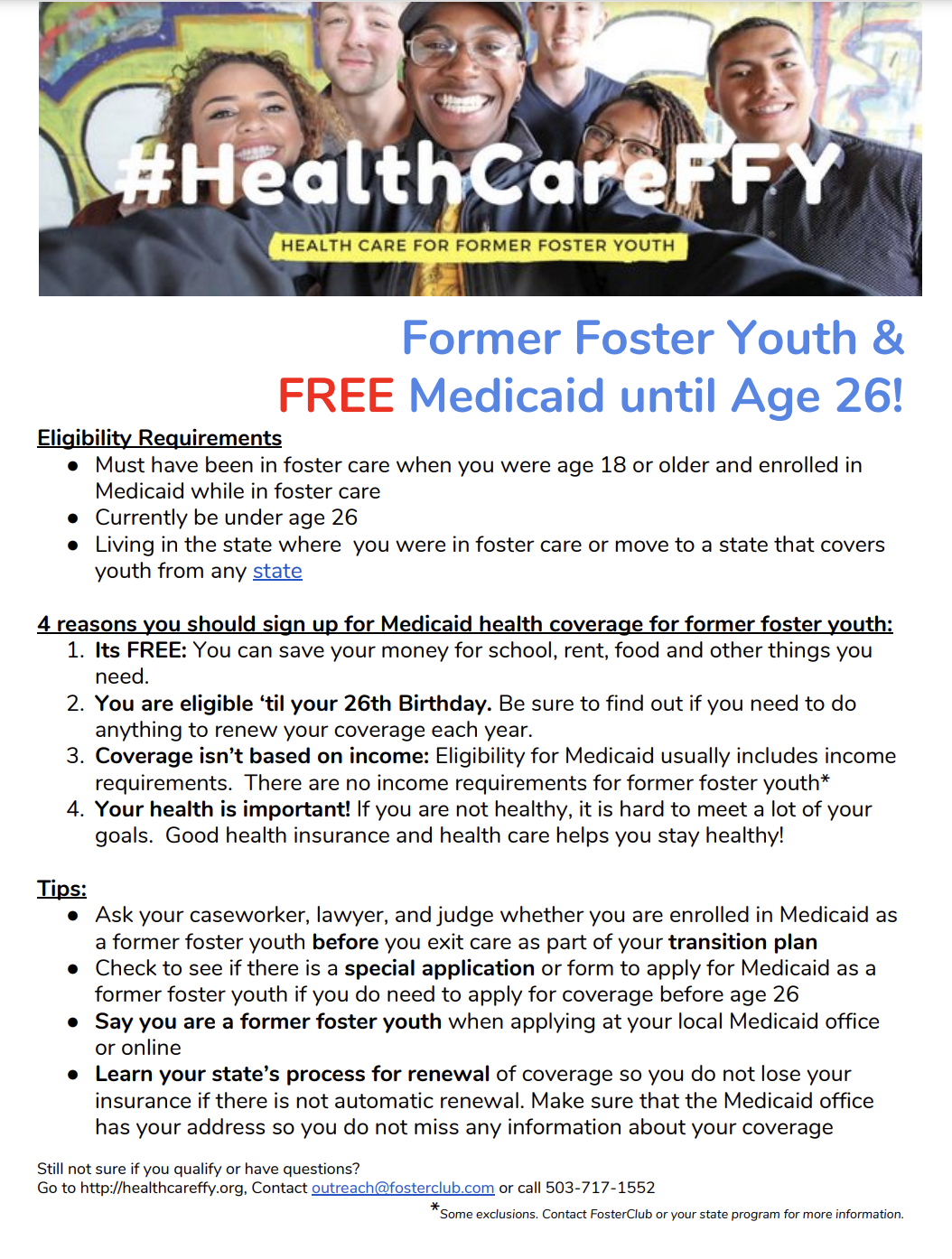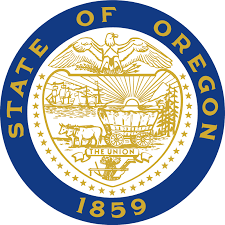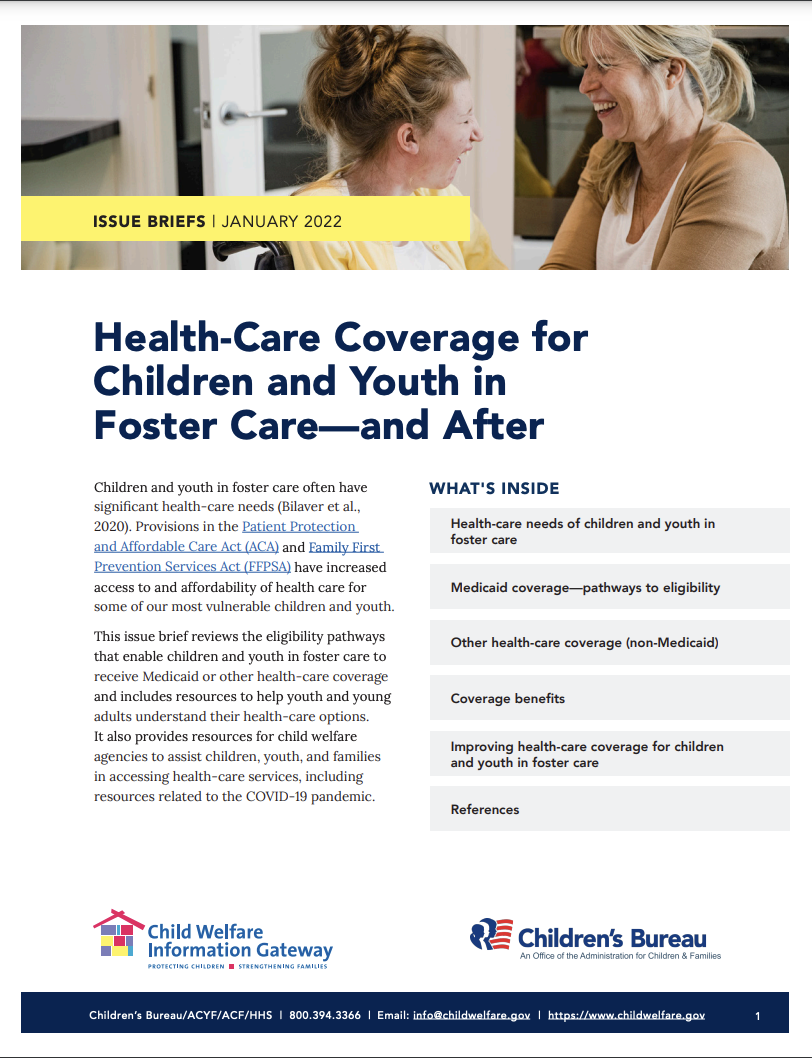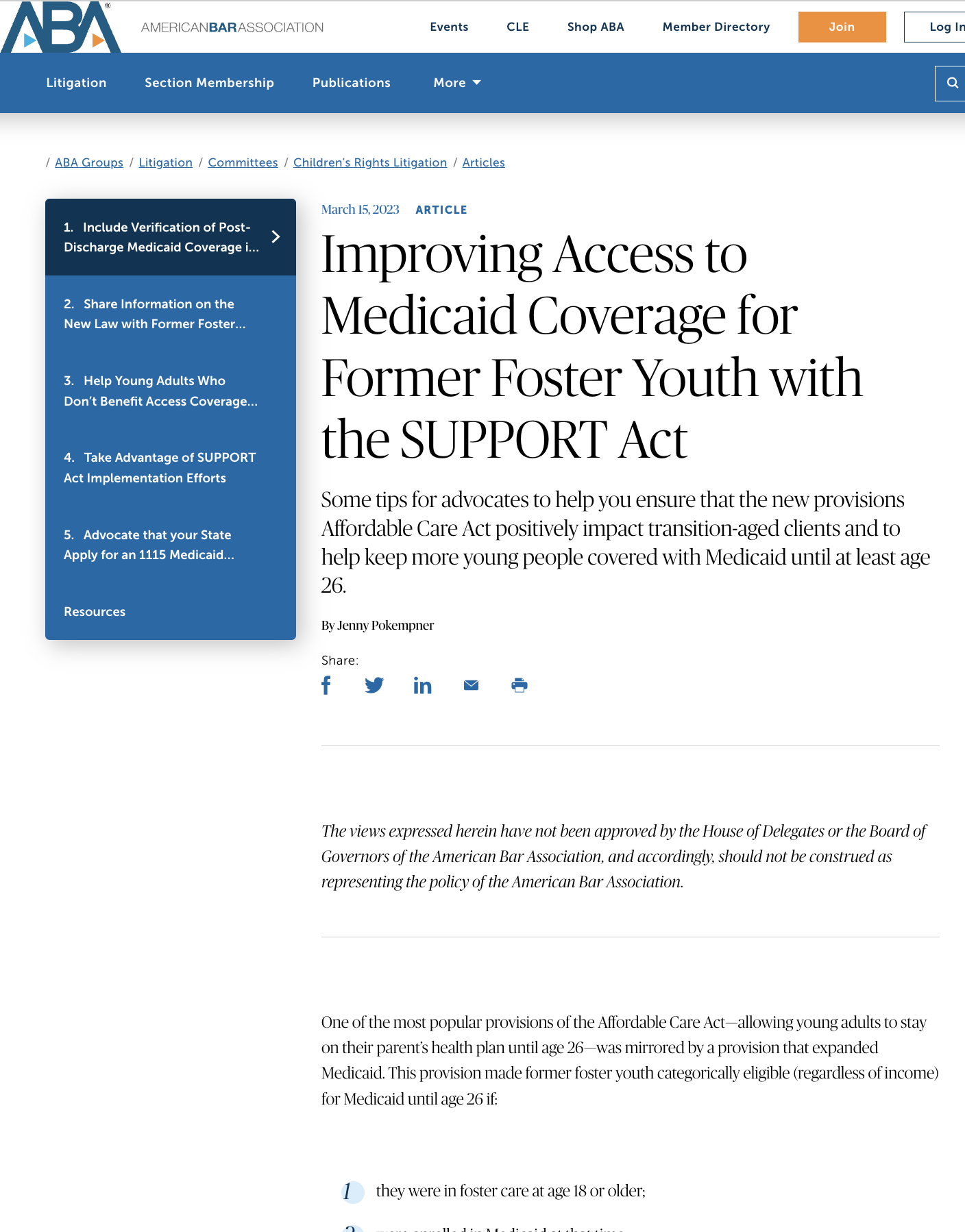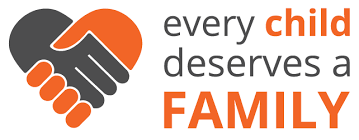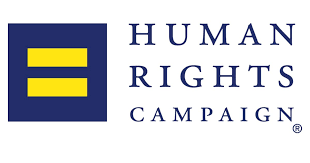
Former foster youth are entitled to health care coverage up to the age of 26.
Why it matters
Youth in and from foster care deserve comprehensive medical support, including mental health care for trauma experienced in foster care. Prioritizing health care is crucial for young individuals, as unforeseen incidents can have long-term financial and educational repercussions. Medicaid ensures that Former Foster Youth up to age 26 receive essential health coverage, acknowledging the importance of accessible health care for them.
What's NEW?
The newest legistation called "The Support Act" now allows young adults who turn 18 after January 1, 2023 Medicaid coverage in any state as long as they meet all the other eligibility requirements. This means that even if you were in foster care in one state, you should be able to access medicaid in another state if you have moved!
Quick Facts
4 Reasons you should sign up for Medicaid health coverage for former foster youth:
It's Free. You can save your money for school, rent, food, and other things you need.
You are eligible 'til your 26th Birthday. Be sure to find out if you need to do anything to renew your coverage each year.
Coverage isn't based on income. Eligibility for Medicaid usually includes income requirements. There are no income requirements for former foster youth.
Your health is important! If you are not healthy, it is hard to meet a lot of your goals. Good health insurance and health care helps you stay healthy.

“I think that the need to do outreach is so important. Had it not been for some former foster youth campaigning and doing outreach I would not have found out that I could get insurance and I honestly don’t know if I would have still been here today.”
— Dashun Jackson, FosterClub Young Leader Spent 4 years in Nevada’s foster care system
Want to Learn More?
FosterClub #HealthCareFFY FAQ Sheet for youth
Health-Care Coverage for
Children and Youth in
Foster Care—and After, Child Information Gateway
How we're working on this issue
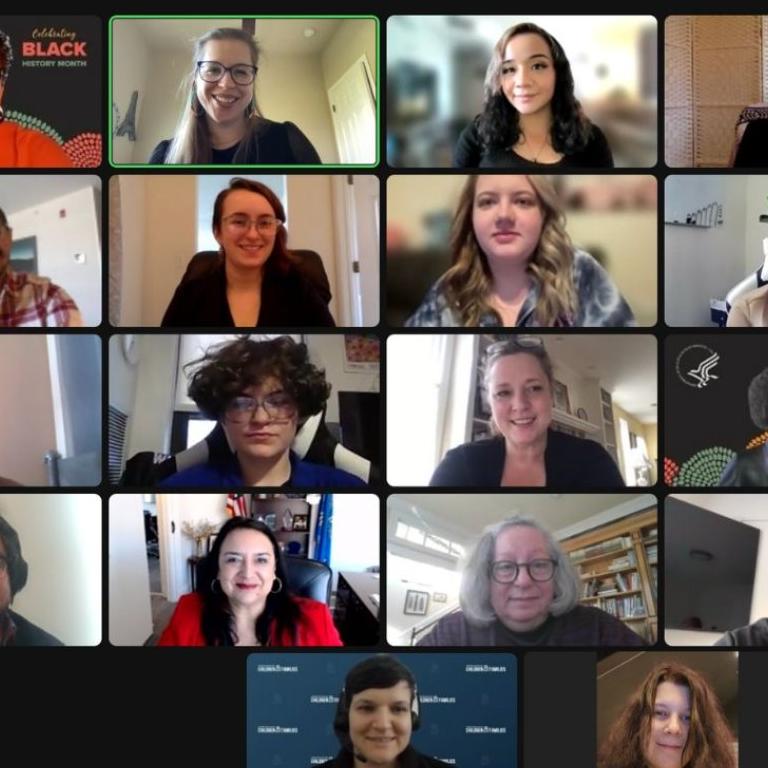
Speaking with Federal Officials About SOGI Data Collection
LGBTQ2S+ FosterClub LEx leaders often meet with federal officials to discuss their experiences related to sexual orientation and gender identity (SOGI) while in foster care. Conversations range from whether youth feel safe disclosing their SOGI, to the impact of coming out during their time in foster care.
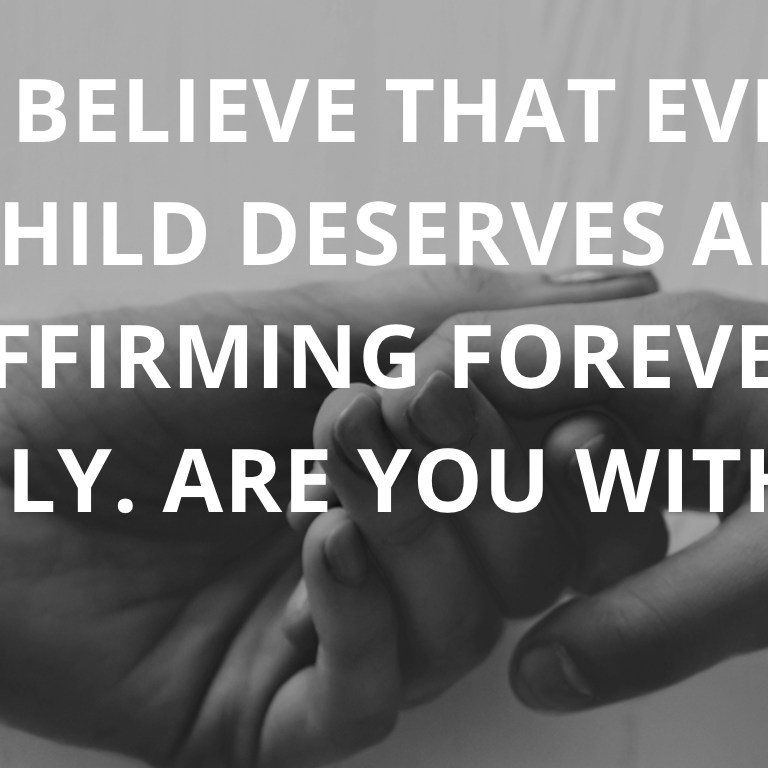
Advocate for Laws to Fight Discrimination by Agencies
LGBTQ2S+ FosterClub LEx Leaders often engage with a coalition of national organizations focused on supporting LGBTQ2S+ youth and families in foster care. For example, upon learning about a new federal rule aimed at preventing discrimination against LGBTQ2S+ individuals by federal agencies, LEx Leaders got together and shared their insights. Their expertise underscored the importance of anti-discrimination protections in ensuring the well-being and success of LGBTQ2S+ youth within the foster care system.
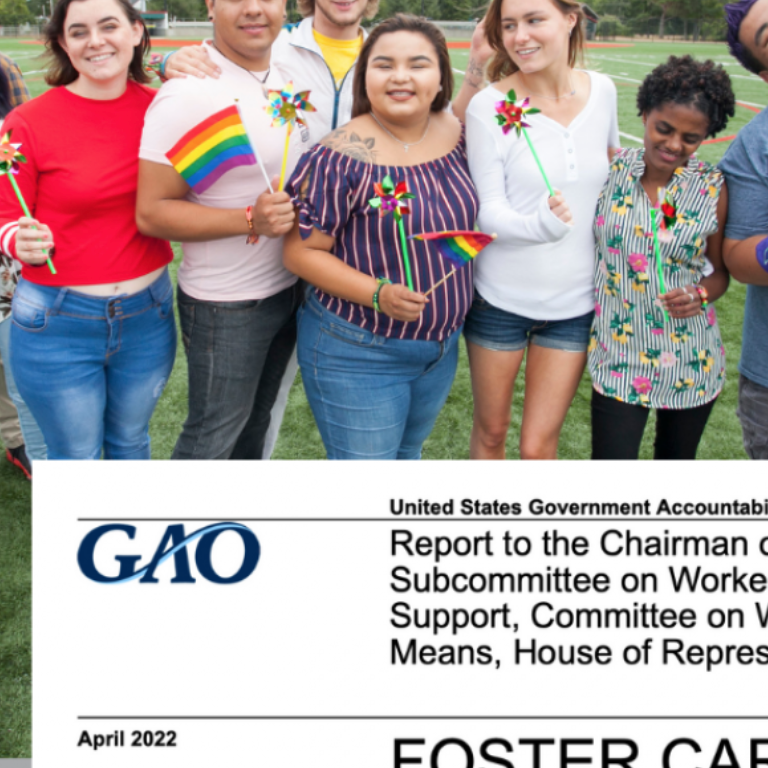
Contributing to Government Reports
LEx leaders collaborated with the Government Accountability Office staff to share their personal experiences in foster care, specifically focusing on LGBTQ2S+ identity and religious experiences. Their input informed a comprehensive report that scrutinized the conditions facing young people in the foster care system. The report offered actionable recommendations for states, suggesting the importance of data collection, the implementation of nondiscrimination policies, and enhanced training for child welfare professionals to better support LGBTQ2S+ youth.
“I could have lost my health care if I had left New York to go to Texas for a surgery that I needed. Losing my health care could have jeopardized all of my hard work and progress toward earning my college degree.”
— Cody Rivera, FosterClub Young Leader Spent 12 years in New York’s Foster Care System

Blogs on Health Care for Former Foster Youth
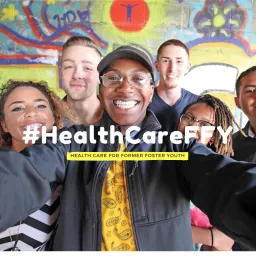
#HealthcareFFY Youth Outreach Webinar
#HealthCareFFY Youth Outreach Webinar: Presented by The FosterClub and the 2019 All-Star Interns Join us for a webinar Register Now As part of the #HealthCareFFY campaign, FosterClub is pleased to invite you to a webinar hosted by the FosterClub All-Star Interns to discuss improving youth outreach efforts surrounding health policy and Medicaid until 26 benefits. Hear first-hand about best practices...
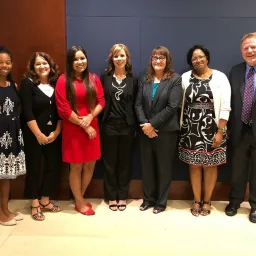
Youth Asked and Congress Answered: Fixing The Glitch
On October 24th, 2018, the President signed into law the Opioid Package, which contained a provision directly impacting foster youth. FosterClub wants to recognize and thank the youth, policymakers, advocates, and professionals who listened to the youth voice and made this happen.
The new law contained a key change to the language in the Affordable Care Act (ACA) granting former...

Health care - As Important to Me As Air
I attribute my life and success to an important provision granting Medicaid to former foster youth (FFY) until they reach age 26. Maslow proposed that if basic physiological needs like air, water, sleep, and shelter aren’t met, it can be hard to think about anything else. In my case you can add one more thing to the list of basic...

Bring Health Care for Former Foster Youth out of Hiding
Just ask Google. Youth share everything everywhere. I chat, post, blog, and message. When we want to know something, we google, Facebook, and search. Every bill I have, my work, my education, and everything I care about is in my back pocket on my cell and comes by email, an app, text notification, or through social media. One thing that...

Aging Out: Is It Worth Giving Up Adoption?
I do not let money stand in my way and neither should you. Health care and educational funding should be available for everyone, including foster youth, until age 26. As foster youth, we are like all youth: anxious to be out and on our own. However, there are multiple benefits we can lose by leaving care just a few days...

Educate Foster Youth about Health Care? Ain’t Nobody Got Time for That!?!
I was ready to be taught about health care my whole life, but it felt like the system was saying, “ain’t nobody got time for that!” Soon after entering foster care at age 16, I ended up in the hospital for a week and had too many follow-up doctor’s appointments. I remember having to wait for approval before doctors could...

